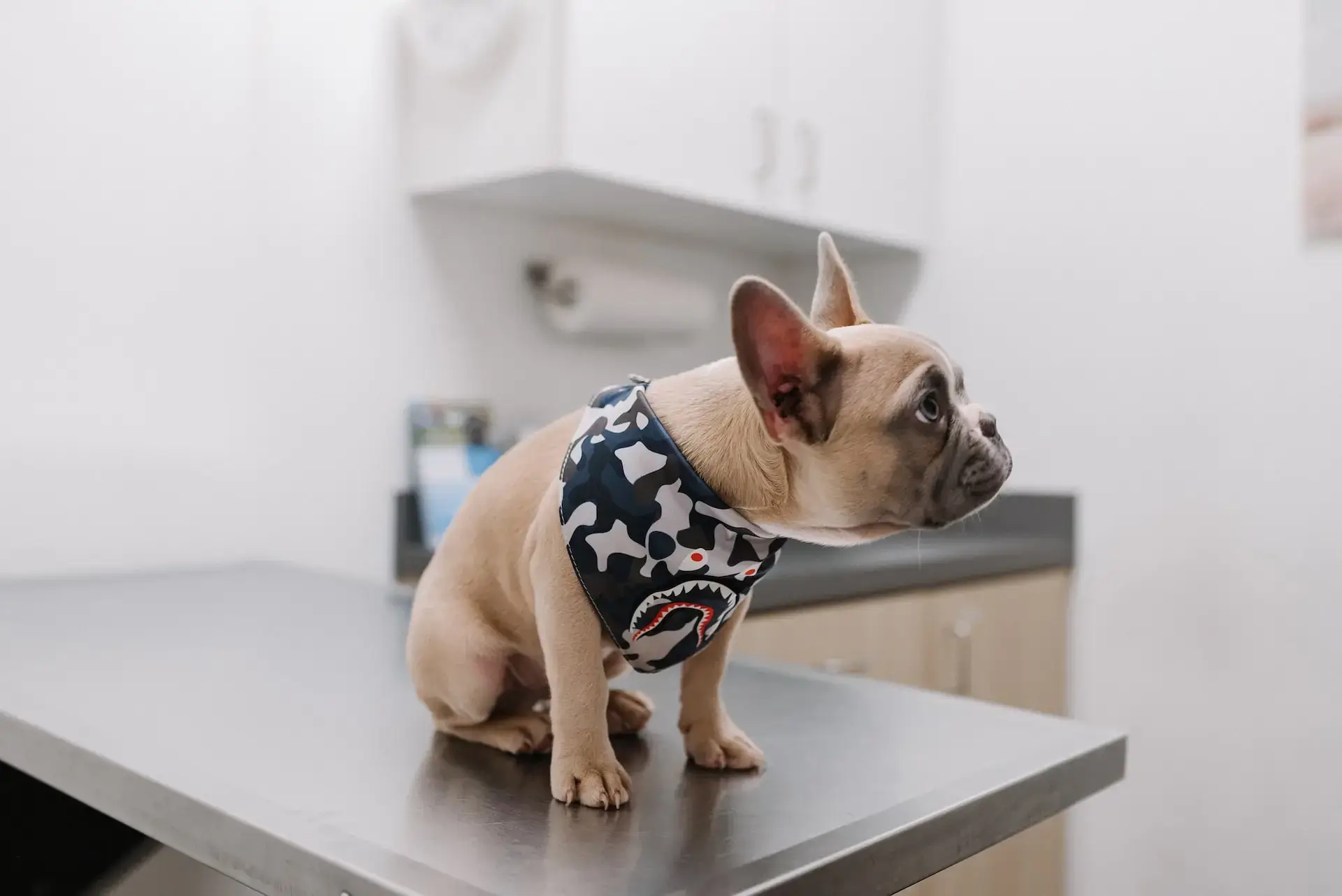Getting Your Pet Fixed

Love is often the unofficial theme of February. Stores are filling with romantic trappings, such as flowers and candy, as Valentine’s Day approaches. When it comes to pets, however, the focus is the opposite: It’s Prevent A Litter Month, Spay/Neuter Month, and Feline Fix By Five Month. All three awareness events share a common goal: reducing the number of unwanted litters out there. A localParkland,FL veterinary clinic offers some insight into this common but crucial procedure—and the reasons it is necessary—in this article.
What Is The Best Way To Help My Pet Recover After Spay/Neuter Surgery?
The veterinary clinic will provide you with aftercare instructions, usually on a care sheet. Make sure you follow them exactly.
It is generally a good idea to give your pet a clean, quiet, comfortable place to recover. This is a great time to get a new bed.) If you have other pets, keep them in a separate area for the first few days while your furry patient rests and heals. Your vet may recommend an inflatable collar or lampshade collar (aka the Cone Of Shame) to prevent your pet from opening the stitches.
Males heal faster than girls. Boys usually recover in a few days, while females may not be fully healed for a few weeks.
As your pet is recuperating, limit their exertion and monitor them closely. You should watch for any signs of infection or complications. These include the following:
- Diarrhea
- Torn Stitches
- Redness
- Pus
- Swelling
- Bleeding
- Vomiting
- Fever
- Foul Odor
- Lethargy
- Lack Of Appetite
If you notice anything amiss, contact yourParkland,FL veterinarian right away.
When Should Cats Be Spayed/Neutered?
Ideally, Fluffy should be fixed before she enters her first heat. (This is the idea behind the Feline Fix By Five Month awareness event.) Our feline friends can become pregnant as early as four months old, when they are still little babies themselves. It is possible to fix your cat as early as eight weeks old, though your veterinarian may prefer to wait a little longer. Consult yourParkland,FL veterinarian, and follow their advice.
It’s worth mention that there is no truth to the old myth that one should wait until a pet has had a litter to fix them. This is just an old rumor.
Can I Get My Adult Pet Fixed?
Yes, definitely! The procedures can still safely be performed on adults, whether or not they’ve had litters themselves. In some cases, a senior or a pet with serious medical issues may not be a good candidate for the procedure. However, in most cases, it should be fine.
When Should I Spay/Neuter My Dog?
Most pups can be fixed after they are six months, but there are some gray areas here, as Fido’s size will play a role in this. The AKC now recommends that small dogs be fixed between the ages of six and nine months. For large breeds, you may need to wait longer. Some giant dogs shouldn’t have the surgery until they are 18 months old. Ask yourParkland,FL vet for specific advice.
After Neutering, Do Male Pets Become More Affectionate?
Your canine or feline pal may very well be lovable and cuddly before getting spayed or neutered. Don’t be surprised if they are even more so after. Removing that hormonal urge to reproduce generally just results in a calmer, better-behaved pet. Since fixed dogs and cats no longer have the need to mark their territory or try to find a mate, they usually focus on playing and cuddling instead.
How Does Getting My Pet Fixed Benefit His Health?
As you may know, the greater, underlying reason for getting pets fixed is reducing animal overpopulation. However, there are also some key benefits for your pet.
Getting your four-legged friend fixed will reduce their chances of developing certain cancers. Males, for instance, have a much lower risk of testicular cancer, while females have a lower or risk of ovarian, uterine, and mammary gland cancer. For girls, the risks associated with pregnancy and/or delivery are also eliminated.
There are some secondary benefits as well. Pets that are fixed are less likely to roam or run away, which can be very dangerous in and of themselves. They’re also calmer and less aggressive. In fact, pets that have been fixed live longer than intact ones.
Ask yourParkland,FL vet for more information.
What Is The Reproductive Rate Of Cats?
Fluffy has the potential to produce three litters a year, with an average of 4-6 kittens in each litter. A single pair of cats could have up to 2,072,514 descendants in just eight years! The most notable record here was set in 1970 by a Burmese/Siamese cat who had 19 kittens, although unfortunately four were stillborn. Even with 15 surviving kittens, that would still have been considered quite an exceptional litter. However, the ultimate lifetime record is held by a Texan kitty named Dusty. She gave birth to an astounding 420 kittens during the course of her life.
What Is The Reproductive Rate Of Dogs?
Our canine companions are capable of producing two litters per year, with the typical litter size ranging from six to ten. This means that in a span of just six years, a pair of dogs can potentially have up to 67,000 offspring! However, some dogs surpass this average and have even larger litters. The current world record holder is a pooch named Tia, a Neapolitan Mastiff who gave birth to an impressive 24 puppies in 2004. Tia’s exhausting feat earned her a spot in the Guiness Book Of World Records. Tia isn’t the only pup to make headlines with her litters. More recently, an Australian dog named Honey set a new national record by giving birth to 22 puppies after three days of labor.
Can Getting My Pet Fixed Really Help Curb Overpopulation?
Getting your furry pal spayed or neutered won’t magically solve this problem, but it will definitely help. This is definitely a case of a collective effort.
Having too many puppies and kittens sounds adorable, but it actually ties into some sobering statistics. About 7.6 million animals enter American shelters every year. Of those, roughly 1.2 million dogs and 1.4 million cats will be euthanized. There are millions of homeless pets out there who are fending for themselves. For animals on the street, it’s a tough life: many live very short, very hard lives.
Preventing your furry friend from adding to those numbers can definitely make a difference by .
Additional Reasons To Fix Your Cat
When discussing the advantages of spaying or neutering pets, it’s worth mentioning one lesser-known benefit: avoiding your pet’s unpleasant love songs. While Fluffy is an amazing pet, her musical abilities leave something to be desired. During their heat cycle, cats will serenade potential mates with what they believe to be singing. Unfortunately, this “caterwauling” may appeal to other felines but is not made for human ears. This alone could be reason enough to consider getting your pet fixed!
Do you have questions about getting your furry friend fixed? Contact us, your local Parkland,FL pet hospital, for all of your pet’s veterinary care needs.




